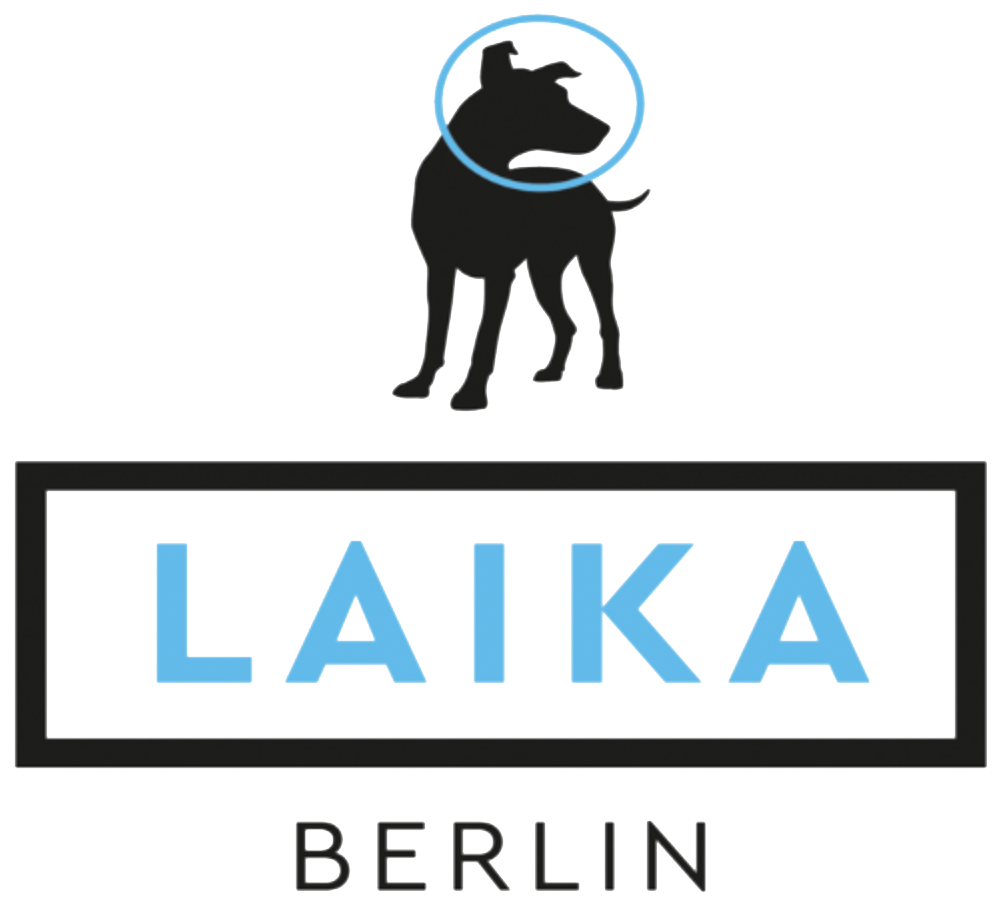Improving your skills—How to become better at proofreading?
Work in a startup where your colleagues sometimes ask you to look over their writing? Or, are you also part of the communications cosmos, like us, where delivering professional text is of the utmost importance? Do you produce written content on a regular basis? Then, you’re no doubt familiar with the topic of proofreading. Professionally written copy can make all the difference in attracting customers, convincing journalists, or simply demonstrating the level of care and detail a company puts into their work. Proofreading plays a major role in that. That's why, we'd like to shed some light on the subject and give this important task the honor it deserves. The good news is that it’s not rocket science, and it’s a skill that can always be improved on. We’d like to share with you what exactly proofreading entails, and some of our tips and tricks to become better at proofreading.
What is proofreading?
Proofreading is the process of reviewing the final draft of a piece. In addition, it’s about making sure the writing is consistent and accurate vis-à-vis grammar, spelling, punctuation, and formatting. Proofreading is not about changing and editing a piece. The focus is on grammatical, typographical, or formatting errors. Let it be an article, social media post, email, visual content with text, or more, proofreading is the last step to minimize possible errors in the final draft.
We all make mistakes. And sometimes we make mistakes we don’t even realize we’ve made. Unfortunately, professionally speaking, according to research from Andrea Lunsford and Karen Lunsford, there are some common writing mistakes that will most likely attract negative attention from readers. Hence, after going over your draft yourself, it’s always a good idea to ask a trusted colleague to proofread the final draft. As a matter of fact, here at Laika we use the Four-Eyes Principle, where any piece of content must be looked over by at least four eyes before being sent or published. It has helped us catch a great number of mistakes and oversights.
To sum up: proofreading is the final step, in written content, to minimize spelling, grammar, punctuation, and formatting errors in the final draft. It’s always best to have an extra pair of eyes going over the content.
The difference between editing and proofreading
Editing, on the other hand, is focused on improving the overall quality, structure, and language of the text. It is about looking at the larger picture. However, with proofreading, it’s more about fine-tuning the details. That’s partly why it takes less time than editing. Editing is a process done multiple times, until the text flows better, while proofreading is done on the final draft of the document.
How do I get better at proofreading my own work and those of others?
This is a very obvious tip, but one that we don’t want to ignore… Using grammar tools such as Grammarly or Language Tool can help get rid of those little mistakes, like typos and punctuation errors. At Laika, we have a good experience using these two tools. But remember, they don’t do all the work!
Pay attention to the way names, companies, places, etc. are spelled. Double check that they are spelled correctly and in a consistent way. In addition, remember to add links to sources for people and quotes mentioned in your text.
Take some time away from the text! Reread the final draft several times. Even if it’s an hour later, you may go over the text again, only to realize that there were some things you overlooked. Depending on the length of the text, it’s sometimes helpful to print out the draft and read it on paper (marking errors with pen or pencil), instead of on a screen.
Read the text out loud and read every single word. Sometimes, it can sound very good in your head, but when you hear it out loud, there may be sentences or words that just don’t sound right. Also, reading out loud activates a different part of the brain. This part of your brain enables your brain to pick up on things that sound wrong. If you really want to take it to the next level of proofreading, record yourself, and play it back to see if you can hear errors or inconsistencies.
While proofreading may not be rocket science, it’s indeed a valuable skill to have, and a skill which can and should be honed with every text you write and proofread. We hope you are ready to launch the best texts from now on, all while improving your proofreading skills. If you have further questions about proofreading documents, don’t hesitate to reach out to us. The Laika Space Dogs are always more than happy to answer your questions!

